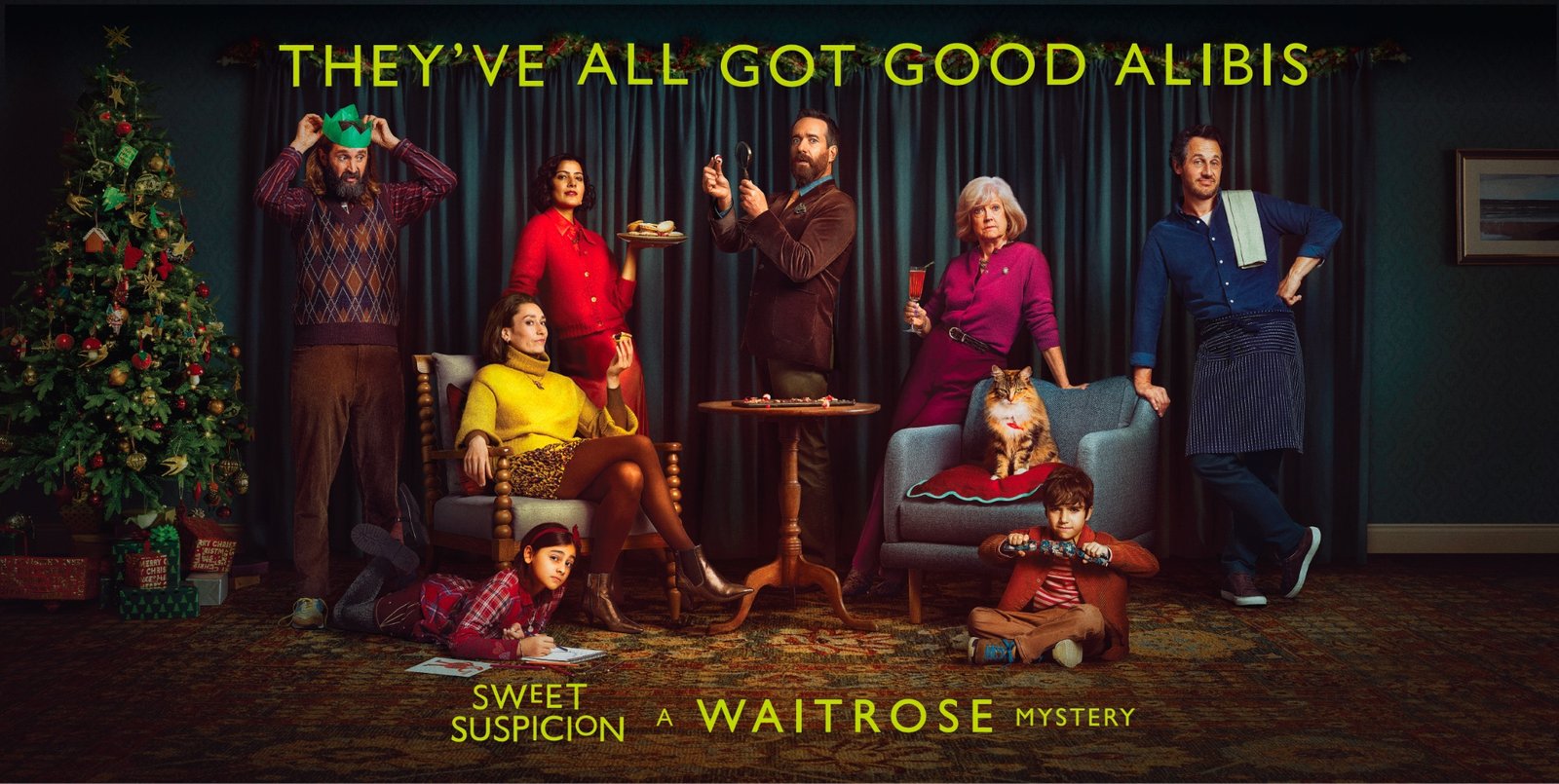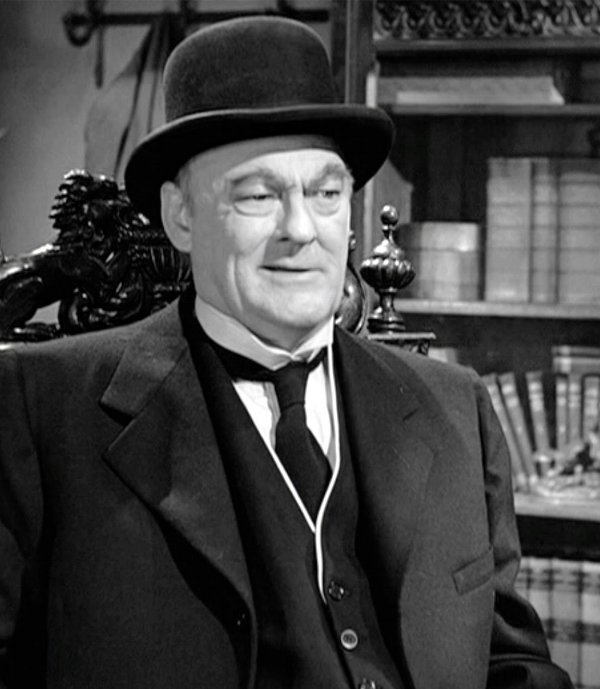Get In Touch
hello@untangld.co
Get In Touch
hello@untangld.co
Follow
|
LinkedIn

We use cookies to make sure you have the best experience on our website. Fear not, we don’t sell your data to third parties.


While we all love the idea of objective data and cold, hard facts, the reality is that most data scientists, researchers, and strategists are pretending to be AI most days.
We analyse spreadsheets with the coolness of a machine, but we bring our very human brains—and all that baggage—to the table. And that’s not a flaw; it’s the secret sauce.
We live in a world that worships data, where every decision must be “data-driven,” every strategy “rooted in insights.” But here’s the thing: data isn’t neutral, and neither are the people who analyse it. The very act of choosing what data to collect, how to interpret it, and which trends to chase is all laced with subjectivity.
It’s time we owned up to it.
When you’re sitting in front of an endless sea of data points, it’s easy to get lulled into a sense of objectivity. But make no mistake: you are steering the ship. The assumptions you bring, the way you frame the problem, even your mood on the day, how many gummies or red wines you’ve consumed —these things shape the outcome. Data without bias is a myth.
The only real trick is knowing your biases, then stress-testing them with cold, honest reflection.
But here’s the important part: being subjective isn’t inherently bad. In fact, it’s the difference between something pedestrian and something genius.
Sure, 100 computers can look at the same dataset, but the human that can finds the magic in the gaps. It’s the human who can take the mundane and turn it into revelation. That’s where the real insights live—in the shadows, between the lines, down the rabbit holes most wouldn’t think to explore.
So, should we all just embrace our biases and let them run wild? Hell no, but let’s stop pretending that complete objectivity is the goal.
You don’t need to be an algorithm. In fact, you shouldn’t be. What you do need is to be aware of your own perspective and know when it’s helpful—and when it’s not. Be willing to challenge your assumptions. Stress-test your conclusions like you would a bridge, ensuring they hold up under pressure.
At the end of the day, the goal isn’t to eradicate bias—it’s to understand it. The world doesn’t need more robots. What it needs are smart people who are honest about their biases, who can navigate the messiness of human interpretation and still come out with something valuable.
So be biased. Tap into the illogical. But be smart about it. And see what it uncovers.










→ Danish is one of the most awarded strategists in the world, having worked on some of the most iconic brands in the last decade including Virgin Atlantic, Coca Cola, and Volvo. Danish spent his career helping to make modern, connected strategy integral to world-class effective work. A co-founder of Untangld, and a founding partner of By The Network, Danish is also a regular judge at the Effies and WARC Global Effectiveness Awards and a contributor to popular industry rags.
